Description
ABB CI871K01 3BSE056767R1 is a processor module designed for various industrial applications such as process control, machine control, and automation production lines. Below is an overview of its parameters, specifications, dimensions, weight, series, features, and applications in English:
Parameters and Specifications:
Processor Performance: Equipped with a high-performance processor for fast response and efficient control.
Communication Interfaces: Supports multiple communication interfaces, such as Ethernet, Modbus, Profibus, etc., for data exchange with other devices or control systems.
Transmission Speed: Has a transmission speed of 10/100 Mbit/s.
Connectors: Features an RJ-45 female connector (8 pins) for network connectivity.
Dimensions and Weight:
Dimensions: The approximate dimensions are length 134.52mm, height 129.54mm, and width 482.6mm. However, please note that these dimensions may vary slightly depending on the specific configuration or model.
Weight: The weight is approximately 3kg.
Series:
This module belongs to the ABB industrial automation product line but a specific series designation may vary depending on the official classification or documentation.
Features:
Programmability: Allows users to customize configurations and programming based on specific application needs.
Real-time Monitoring: Supports real-time data monitoring to help operators quickly identify and respond to issues.
Alarm and Notification: Generates alarms and notifications to alert operators in case of abnormalities.
Data Recording and Reporting: Some models may have data recording capabilities to record system operation data and generate reports for subsequent analysis and maintenance.
Industrial Standard Compliance: Designed to meet industrial standards and regulations to ensure reliability and durability in industrial environments.
Applications:
Automation and Control Systems: Widely used in various industries such as power, metallurgy, and petrochemicals as part of distributed control systems (DCS).
Dispersed Control: In a DCS, control functions are distributed across multiple subsystems, with each subsystem responsible for controlling a specific process or device. This distributed control approach improves system reliability and flexibility.
Centralized Management: The system also offers centralized management capabilities through operator stations, allowing for the monitoring, configuration, debugging, and maintenance of the entire system.






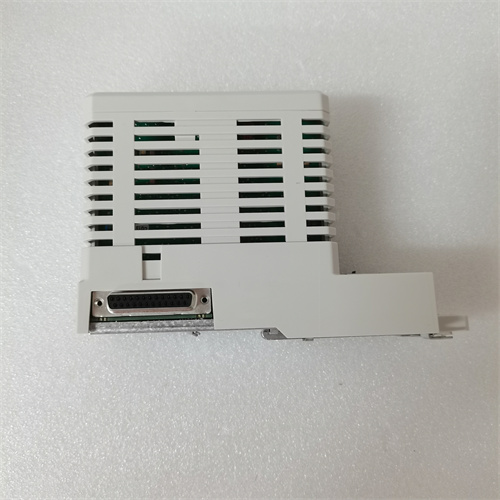

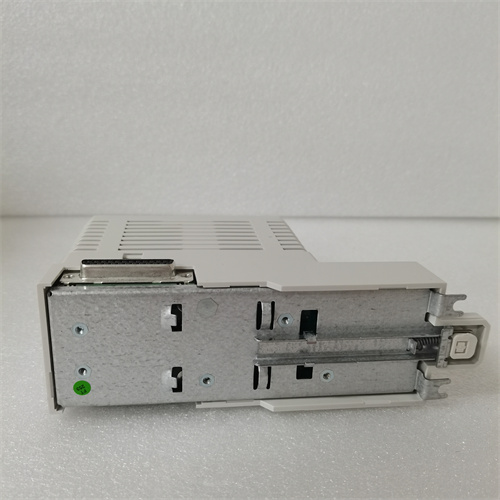



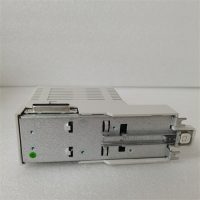

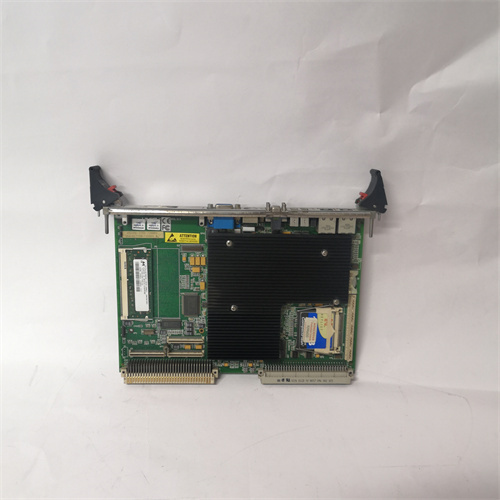

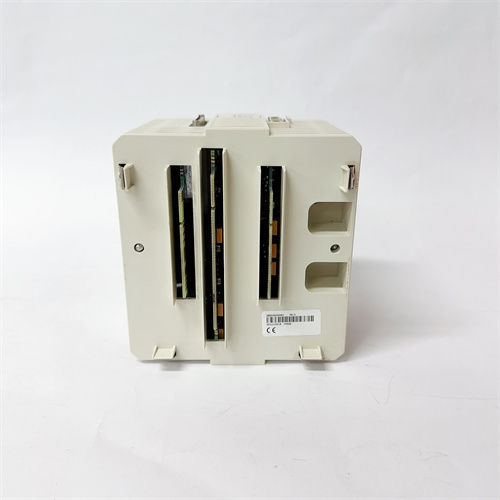

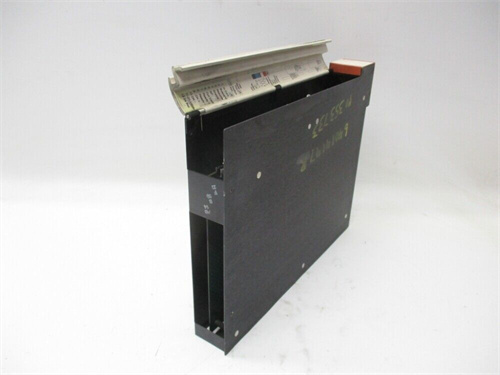

Reviews
There are no reviews yet.